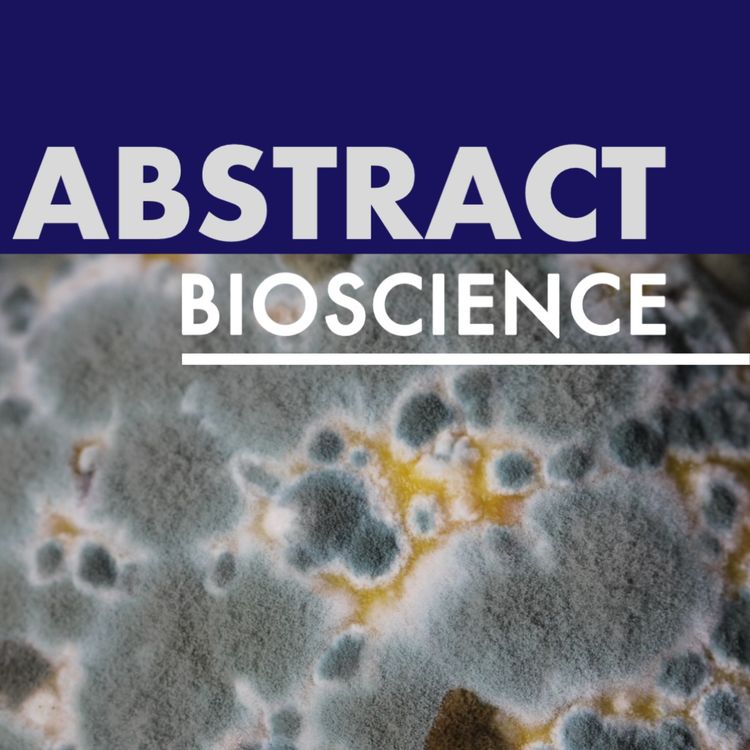Share

Abstract Bioscience
Trailer
Season 1, Ep. 0
•
A short introduction to Abstract Bioscience - a podcast bringing you the latest research from across the Norwich Research Park, and beyond.
Host Michael Pointer introduces the show, gives some details about the kinds of topics we will be discussing in future episodes, and lets you know how you can listen.
More episodes
View all episodes

5. Popgroup 55
26:54||Season 1, Ep. 5I team up with James Burgon, of the Heredity Journal Podcast, to bring you a run down of the highlights of the 55th meeting of the Population Genetics Group conference, hosted in Norwich as a collaboration between the Earlham Institute, John Innes Centre and the University of East Anglia.
4. MARPLE, identifying wheat rust pathogens
14:24||Season 1, Ep. 4
3. Cancer, antibiotics and the microbiome
29:02||Season 1, Ep. 3Alastair McKee from the Quadram Institute discusses his paper linking the microbiome to breast cancer.Our microbiota help us digest the food we eat, but also has effects on health and disease that reach far beyond the gut - including cancer. Antibiotic drugs taken to combat bacterial infections also have adverse effects on our beneficial microbiota. So what can we learn about the ways the microbiota influences disease by using antibiotics to treat mice with cancer?
2. The role of HEI10 in crossover interference
30:00||Season 1, Ep. 2Coauthors Chris Morgan and John Fozard from the John Innes Centre join me to talk about their recent paper.Using a combination of high-tech microscopy and mathematical modelling they have shown that relatively simple behaviour of a single protein plays a key role in how how parental DNA combines during the production of sex cells.Working with Arabidopsis thaliana, John and Chris have developed a model for determining crossover patterning that could be operating during meiosis right across the tree of life.
1. Colonisation genetics and the tree bumblebee
22:29||Season 1, Ep. 1Ryan Brock, from the University of East Anglia, discusses his paper on the recent colonisation of the UK by the tree bumblebee.What can several approaches to investigating this species' genetic diversity have tell us about how it made the jump from mainland Europe?What do this study, and others like it, tell us about the 'genetic paradox of invasion', and how populations can thrive in challenging colonisation situations?